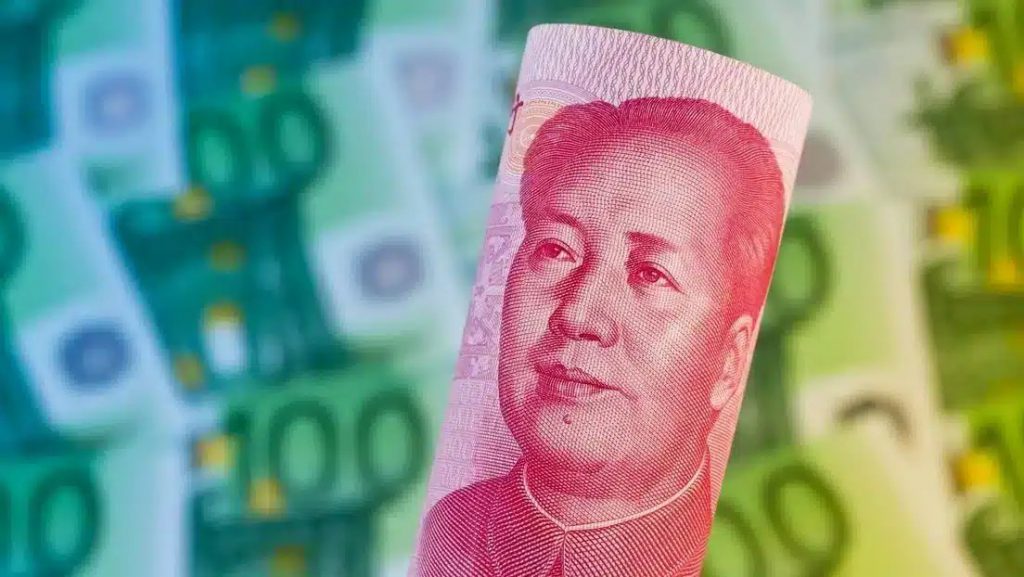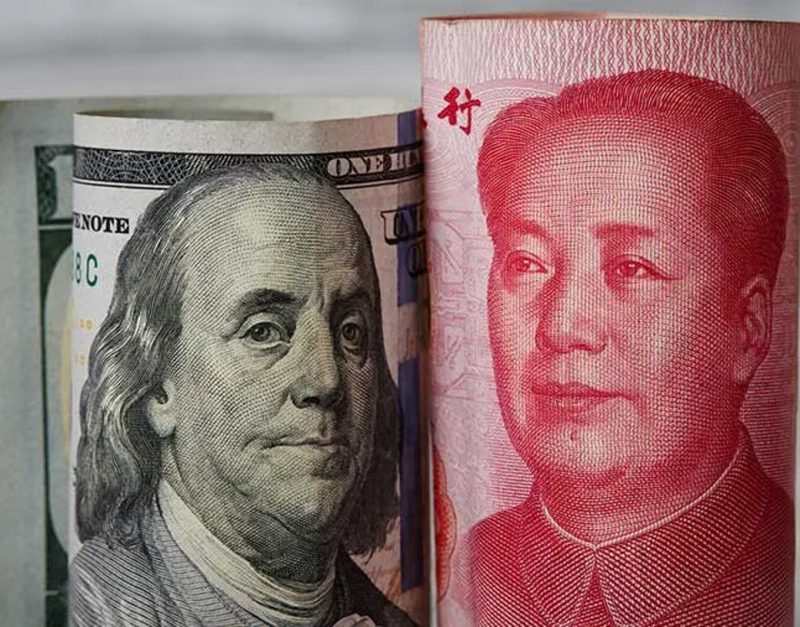Chinese exporters have stockpiled a record $500 billion in 2024 after settling trade payments with other countries. The local currency could rally hard if China’s exporters decide to convert the $500 billion stockpile into the Chinese yuan. This puts BRICS member China in the spotlight as it could dictate the direction of the forex markets pushing the Chinese yuan ahead and challenging the US dollar.
Also Read: BRICS Makes Huge Announcement On Expansion: New Country Will Join Soon
The US dollar is at its weakest point this week as the DXY index dipped to a low of 100.80. Though the USD briefly recovered and climbed above the 101 mark, reclaiming its June high of 106.40 remains questionable. BRICS is looking to cause damage to the US dollar and push the Chinese yuan ahead for cross-border transactions.
Read here to know how many sectors in the US will be affected if BRICS ditches the dollar for trade. If the Chinese yuan gains steam among developing countries, the US dollar will face a deficit. The development could lead to hyperinflation in the homeland causing the prices of daily essentials to skyrocket.
Also Read: BRICS: India To Accept Local Currencies For Trade, Sideline US Dollar
BRICS: Will Exporters Convert $500 Billion Into the Chinese Yuan?


The exporters in China might not convert $500 billion into the Chinese yuan as the currency delivers relatively lower returns. Businesses in China benefit from holding the US dollar as the currency has given decent profits even during a downturn. The Chinese yuan cannot survive a downturn like the US dollar and exporters remain skeptical of stockpiling it. This makes BRICS member China tie its hands and let the US dollar thrive among businesses and not the Chinese yuan.
Also Read: BRICS: Analyst Warns of a Major U.S. Dollar Crash
However, if the exporters change their minds and convert $500 billion into the Chinese yuan, the local currency could rally in the charts. Whether the BRICS country will use the Chinese yuan, the global forex markets will have to wait and watch.





